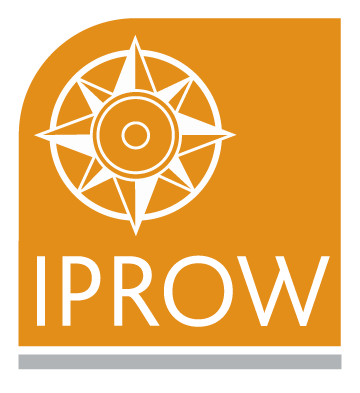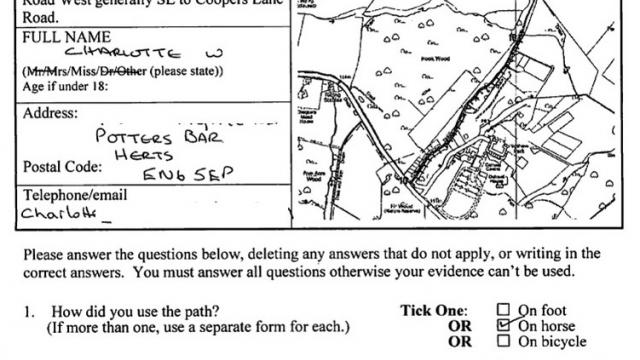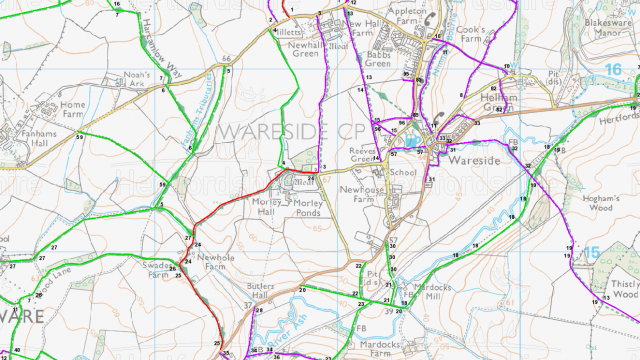IPROW is continually developing new training courses, delivered by professionals in the rights of way field and tailored specifically for the needs of members. The Annual Update is a 'conference' featuring speakers on a theme of current interest, available free to members.
If you are interested in potential courses not yet listed, contact training@iprow.co.uk or register your interest here.
Following the successful introduction of virtual training events at the start of the Covid-19 pandemic, we are continuing with this medium of delivery as, for many reasons, a return to venue events is unlikely in the near future due to customer budget constraints, however, this is always under review. See Virtual vs venue for more information.
See our current events and training courses
High Quality Training
When the Law Society still ran its accredited CPD scheme, IPROW was accredited as a training provider and was praised for the quality of the training and materials.
Courses continue to be updated and improved and new topics delivered every year in response to demand.
At any event, in addition to its content, one great benefit is the opportunity to meet other members, find out who is doing what where and how successfully, to come away with a wealth of possibilities to try and contacts for future communication.
In response to both COVID-19 and the increasing challenges to local authorities to find funding for training, not just the course itself but time and cost of travel and accommodation, IPROW has been producing courses, webinars and the conference virtually with excellent results and feedback. It is likely that this medium will continue as although there is a loss of social and networking contact, the benefits in terms of cost and time are considerable.
Bespoke Training In-House including One-to-One
We are occasionally able to offer training in-house when capacity permits.
"Thanks for a great course and one which gave an overview of a range of legislation and always made relevant to PROW. It would have taken many other courses and those wouldn't have been PROW-focused, to learn the same without an IPROW course."
Who are IPROW training courses for?
All courses are aimed at rights of way practitioners and the majority of participants are local authority employees but are by no means exclusive to them and courses frequently have participants from solicitors, barristers or legal officers, rights of way user groups, countryside management and organisations where rights of way may affect their work such as land managers or infrastructure provision.
Next Events
Interviewing for modification orders
Virtual by Microsoft Teams
Definitive Map consolidation
Virtual by Microsoft Teams
Regional Development Day Cambridge
Birketts LLP, 22 Station Road, Cambridge, CB1 2JD





